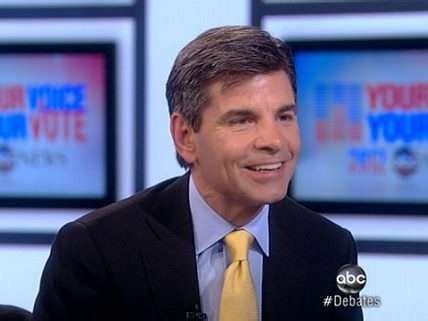A Quote by Michael A. Stackpole
Higher ebook prices only benefit one group: publishers.
Related Quotes
In the richest country in the history of the world, this Obama economy has crushed the middle class. Family income has fallen by $4,000, but health insurance premiums are higher, food prices are higher, utility bills are higher, and gasoline prices have doubled. Today more Americans wake up in poverty than ever before.
Requiring the payment of higher wages will lead to a loss of some jobs and a raising of prices which drives companies to search for automation to reduce costs. On the other hand, those receiving higher wages will spend more (the marginal propensity to consume is close to 1 for low income earners) and this will increase demand for additional goods and services. Henry Ford had the clearest vision of why companies can actually benefit by paying higher wages.
Individual versus group selection results in a mix of altruism and selfishness, of virtue and sin, among the members of a society. If one colony member devotes its life to service over marriage, the individual is of benefit to the society, even though it does not have personal offspring. A soldier going into battle will benefit his country, but he runs a higher risk of death than one who does not. An altruist benefits the group, but a layabout or coward who saves his own energy and reduces his bodily risk passes the resulting social cost to others.
There is no such thing as agflation. Rising commodity prices, or increases in any prices, do not cause inflation. Inflation is what causes prices to rise. Of course, in market economies, prices for individual goods and services rise and fall based on changes in supply and demand, but it is only through inflation that prices rise in aggregate.
[The masses] ... must turn their hopes toward a miracle. In the depths of their despair reason cannot be believed, truth must be false, and lies must be truth. "Higher bread prices," "lower bread prices," "unchanged bread prices" have all failed. The only hope lies in a kind of bread price which is none of these, which nobody has ever seen before, and which belies the evidence of one's reason.



































